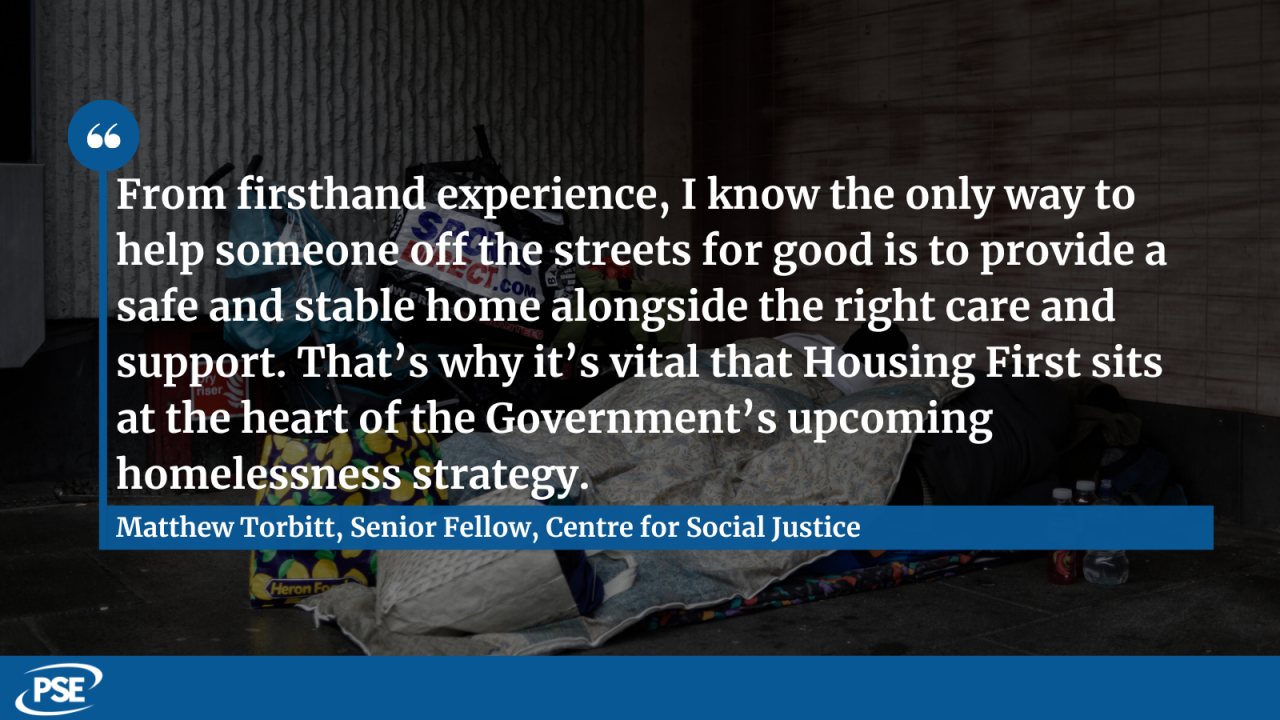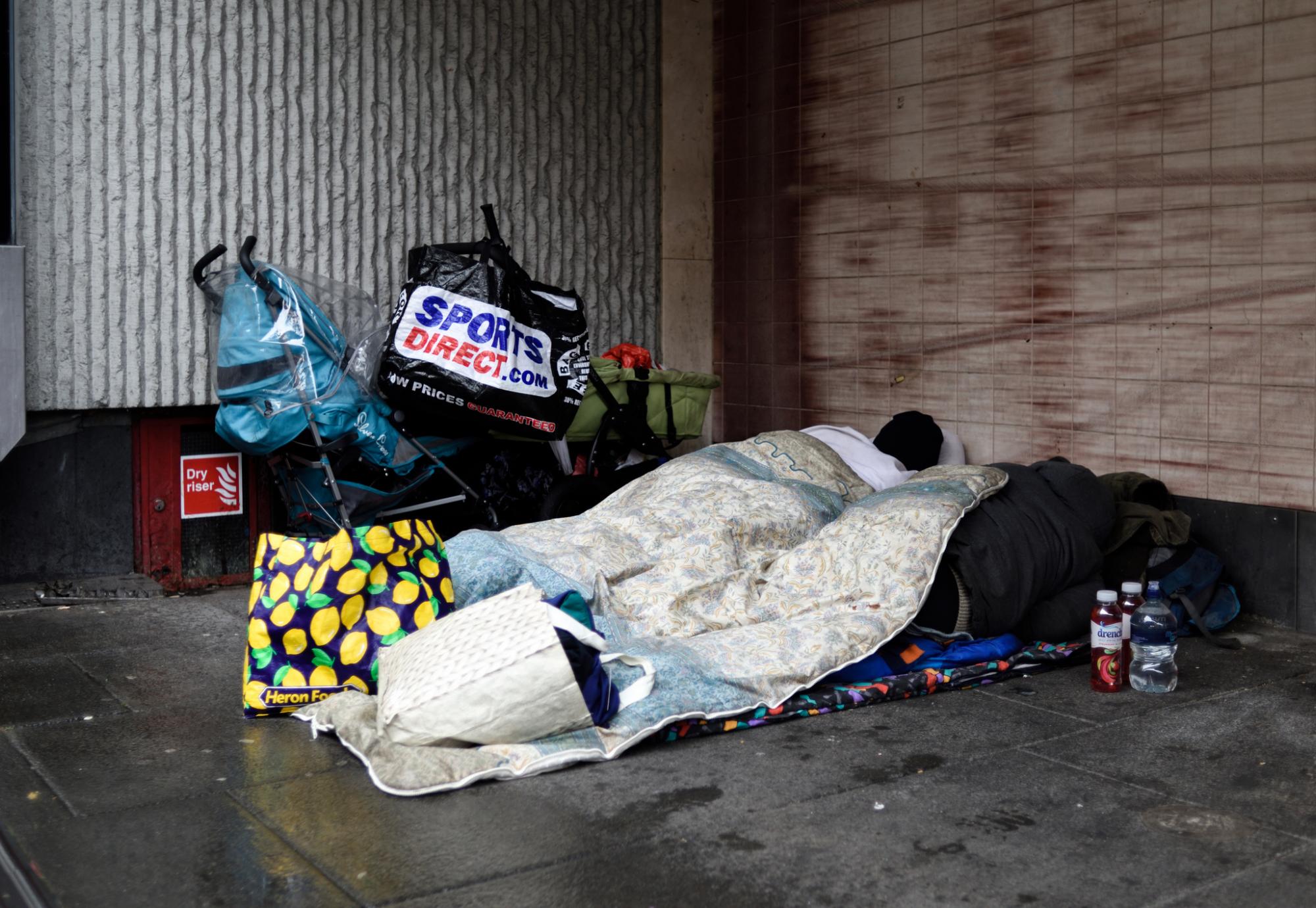Rough sleeping in England has reached a new post-pandemic high, according to official data published today by the Ministry of Housing, Communities and Local Government.
Figures show 9,574 people were sleeping rough in July 2025, a 94% increase since July 2021, with the report admitting numbers are at “record highs for this time of year”.
The number of people seen sleeping rough over the month and on a single night is higher than the same period last year, with increases recorded across every region except London and the East Midlands. September also saw rough sleeping hit a record high nationwide.
The report highlights pressures from the asylum crisis, noting that at the July peak, eight veterans were estimated to have left the armed forces for the streets, compared to 193 people leaving asylum accommodation. In London, almost half of rough sleepers are non-UK nationals.
Long-term rough sleeping also hit a record in September, with 3,397 people seen sleeping rough in three or more of the last 12 months – a rise of 28% since September 2023 and 10% since last year.
The report points to successful Housing First pilots in Liverpool City Region, Greater Manchester and the West Midlands, describing the programme as “the most effective and well-evidenced intervention to end homelessness for Britain’s most disadvantaged and entrenched rough sleepers.”
Housing First is 3.5 times more effective than conventional services in enabling people to secure and sustain permanent housing. Across pilots, 84% of users sustained long-term housing after three years.
Senior Fellow at the Centre for Social Justice, Matthew Torbitt, commented:
“These figures are a savage indictment if one was needed that we’re still failing too many people who are sleeping rough. From firsthand experience, I know the only way to help someone off the streets for good is to provide a safe and stable home alongside the right care and support. That’s why it’s vital that Housing First sits at the heart of the Government’s upcoming homelessness strategy.”

A national rollout could take 5,571 people off the streets by 2029/30, delivering up to £2 return for every £1 invested through savings to the NHS, homelessness outreach, temporary accommodation and criminal justice.
The proposed programme would cost £103 million over four years, funded by scrapping civil servant relocation expenses, reducing the government’s regional relocation programme by 20%, and reallocating 5.5% of the Rough Sleeping Prevention and Recovery Grant.
Image credit: iStock



















